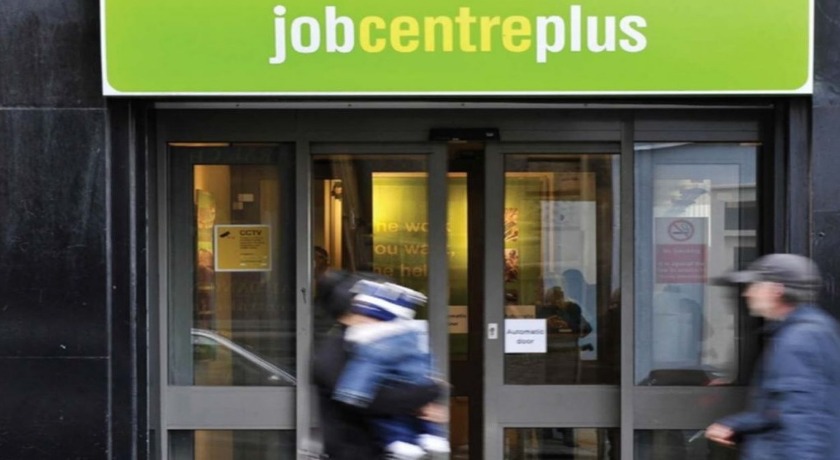 A coalition of churches is calling for an independent review into benefit sanctions, saying recent changes to the system will not fundamentally change the impact on struggling families.
A coalition of churches is calling for an independent review into benefit sanctions, saying recent changes to the system will not fundamentally change the impact on struggling families.
The government announced an end to benefit sanctions lasting longer than six months, but the Joint Public Issues Team (JPIT) (representing the Methodist Church, the United Reformed Church, the Baptist Union of Great Britain and Church of Scotland) say this will only help a small proportion of families affected by sanctions.
JPIT says the expanded sanctions regime continues to cause hardship and drive families to foodbanks and the roll out of Universal Credit further expands the reach and duration of benefit sanctions.
Paul Morrison, JPIT policy adviser said: 'We welcome the announcement that the maximum length of a benefit sanction will be reduced. It however does not fundamentally change this damaging and discredited system.
'Since 2015 the Churches, alongside many others, have called for a full independent review of the benefit sanctions regime. The human cost of the UK’s harsh sanctions regime is very high. We see the hunger and hardship it causes every day in churches and foodbanks.
'The government's claim that their harsher sanctions drive more people into work is not supported by published evidence. We need a proper independent review – where all the evidence is looked at and where the effects of sanctions of people’s lives are properly and publicly examined.
'Universal Credit further escalates the sanctions regime. More families will be under threat of sanction - including for the first time those in work. Sanctions for families on the new Universal Credit system are more frequent and on average last longer. We must properly review this system before expanding it still further.'
Read Paul Morrison’s full blog here.
Picture: A job centre.JJ Ellison/Wikimedia Commons
Published: 23 May 2019




